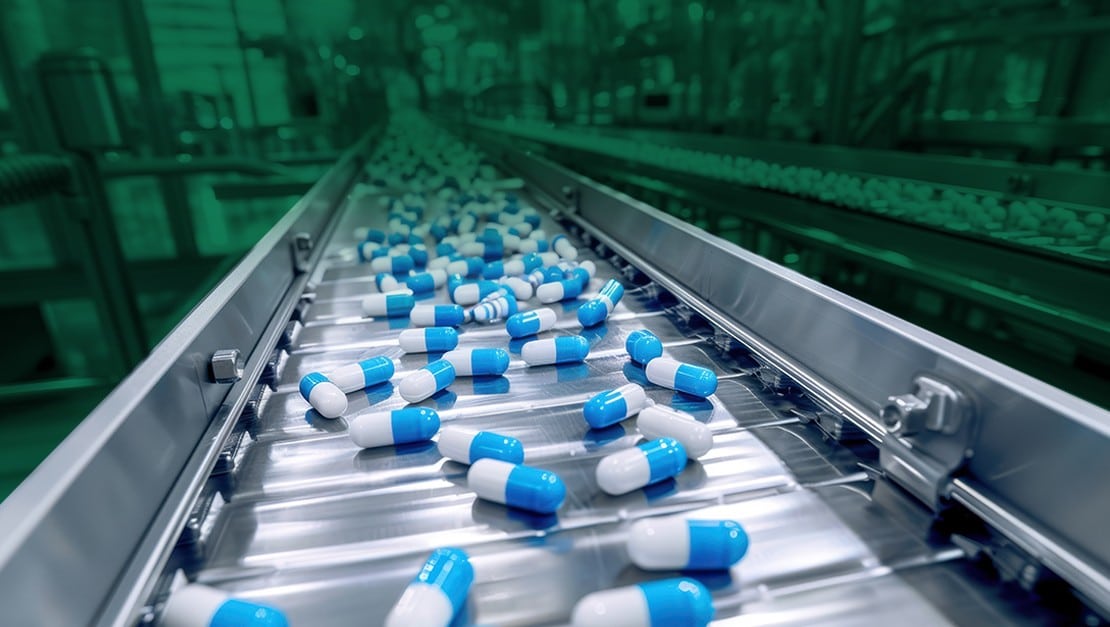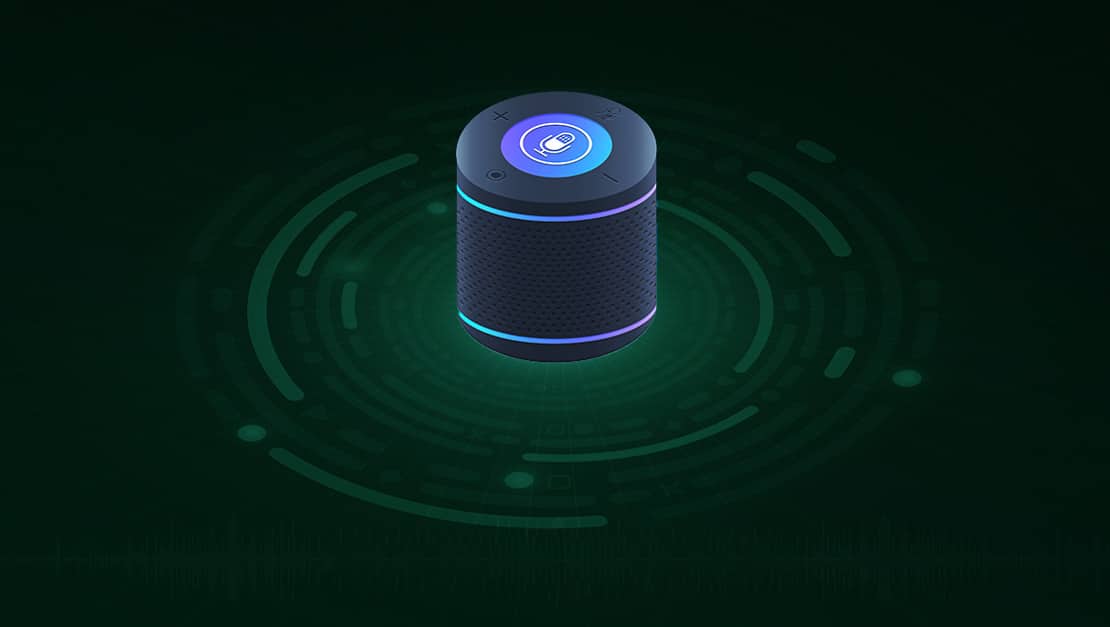The addition of artificial intelligence (AI) in the pharmaceutical industry is opening up new possibilities for innovation and development. From drug discovery to production, AI is paving new paths forward for how the industry as a whole operates.
In pharma manufacturing, in particular, AI can reshape the entire landscape by making operations more agile to respond to market demands. This can be done by implementing new technologies like machine learning (ML), robotics, natural language processing (NLP), and others.
This blog post will delve into the future of AI in pharma and explore emerging trends that have the power to redefine the industry. We’ll look at specific examples of how AI is already being used in pharma manufacturing and how technologies like aiOla are introducing speech AI to further transformation in the field.
Current Landscape of AI in Pharma Manufacturing
We’re already seeing AI rapidly advance in the pharmaceutical industry. It’s being used in various stages of pharma manufacturing to make processes more efficient and accurate. Here are some of the key AI applications in pharma today:
- Predictive analytics: AI is being used to predict equipment failures and optimize maintenance schedules to reduce downtime
- Process optimization: ML algorithms can be applied to streamline production workflows so that all resources are used efficiently
- Quality control: AI-powered systems can detect defects more accurately than employees alone, ensuring products meet quality standards
- Supply chain management: AI is improving visibility and transparency in the supply chain and is optimizing inventory levels
- Drug discovery: Identification of potential new drugs can be accelerated with generative AI to bring new therapies to market quicker
Despite these notable advancements, there are still challenges in the form of data privacy concerns, integration issues, and regulatory hurdles. As the reliance on AI technology continues to grow in the industry, these challenges are likely to become easier to overcome.
Emerging Trends and Future AI in Pharma Predictions
The market for AI technology in the pharmaceutical industry is expected to grow from 3.05 billion in 2024 to 18.06 billion by 2029, representing a staggering CAGR of 42.6%. As AI technologies continue evolving, the pharma industry is poised to rely more heavily on these new systems to drive innovation in different elements of drug production. Below, we’ll examine a few emerging trends that point to what the future of AI in pharma manufacturing will look like.
Advanced Predictive Analytics
The pharma industry is already using AI-powered predictive analytics to enhance efficiency and predict machinery malfunctions. However, as this technology continues to evolve, it will likely also be used to make predictions that will make the development and production of new drugs more efficient.
For example, advanced predictive analytics will likely be able to predict the success rate of new drugs by analyzing vast quantities of historical and market data. This can help optimize clinical trial designs and forecast potential side effects. In the long run, this may reduce the cost of production and time to market, bringing more reliable drugs to patients sooner.
AI-Driven Process Automation
Pharmaceutical giant Pfizer is already using AI and ML to automate visual inspections on its production lines. Systems are in place to detect anomalies in real-time through image analysis, improving operations, product quality, and reliability. The next phase of process automation will see more AI technologies monitoring and controlling production lines in real-time.
This level of AI-driven workflow automation can go a long way in preventing human error and minimizing both downtime and product recalls. Automated production lines that rely on AI will lead to faster and more consistent manufacturing processes. In Pharma 5.0, automation will also be paired more seamlessly with robotics for tasks like assembling, loading, inspecting, and testing.
Personalized Medicine and Customization
AI will play a leading role in the shift towards personalized medicine where drugs can be tailored to patients’ unique needs. AI technologies can be used to analyze genetic, environmental, and lifestyle data and develop custom treatment plans, making small batches of drugs that are more efficient.
This type of technology could have a profound effect on patient outcomes as side effects can be minimized while treatments simultaneously become more effective. For example, recent advances in precision medication have seen AI being leveraged to treat patients who have uncommon responses to existing treatments.
AI in Drug Discovery and Development
AI is on the path to streamlining the R&D phase of drug development, taking a lot of the time-consuming and manual tasks out of the equation. Advanced AI algorithms can analyze biological data quickly to identify strong candidates for new drug developments.
AI’s ability to instantly model complex biological systems will allow for novel drug discoveries that were previously overlooked. This trend can accelerate the drug discovery process and empower pharmaceutical companies to bring innovative products to market a lot quicker.
Additional Innovations in AI Technology
There are certain key technologies that are on track to further influence the future of AI in pharma and lead to more innovative practices. Here’s a brief look at some of the technologies to look out for in this space:
- Machine learning and deep learning: As ML and deep learning continue to develop, they’ll be used more in pharma manufacturing for the purpose of enhancing drug discovery, patient outcome prediction, and advanced predictive modeling
- Natural language processing: NLP is changing the way unstructured data is collected and interpreted, and analyzing this data from sources like clinical trials, research papers, and patient records, can lead to quicker and more fine-tuned decision-making
- Robotics and AI integration: We’ve already seen how robotics, when paired with AI-powered automation, can streamline operations, but it can also be used in lab environments to handle samples and improve precision, speed, and safety
Speech AI: Revolutionizing Pharma Manufacturing
Speech AI is gaining traction in pharma manufacturing thanks to its potential to further enhance efficiency and accuracy. As a technology that facilitates understanding between machines and humans, speech AI offers advantages in an industry that’s highly regulated. The technology can be applied in multiple ways, such as:
- Real-time data logging: Speech-to-text technology allows employees to verbally log data, minimizing the possibility of error that comes with manual entry
- Voice-controlled systems: When machinery is operated by voice with minimal physical interjection, workflows are streamlined and more sterile
- Enhanced communication: Speech AI facilitated collaboration and communication in real-time between teams through verbal updates
aiOla: The Future of Speech AI in Pharma Is Here
Technologies like aiOla are bridging the gap between existing AI systems and what’s possible in the future. Thanks to aiOla’s speech AI technology, companies can optimize workflows such as inspections, data collection, and reduce manual operations all through speaking. This is creating environments where data entry and machine manufacturing are even more precise.
aiOla can understand over 100 languages and function in any acoustic environment, making it ideal for pharma manufacturing. The technology can improve workflows in several ways:
- Speed up processes like inspections
- Reduce reliance on resources by minimizing manual operations
- Improve employee safety
- Minimize the risk of error, downtime, and dips in production
- Increase productivity in a manufacturing setting.
In the future, the combination of speech AI technology like aiOla with other AI technologies like predictive analytics, the Internet of Things (IoT), and process automation will create more robust and intelligent systems to further drive pharma transformation.
Bringing the Future of AI in Pharma to Life
With AI technologies evolving at breakneck speeds, it won’t be long before we reach the next stage in pharma technologies. AI and ML are poised to have a meaningful impact on how the industry operates from top to bottom, making drugs safer and more accessible to patients. Speech AI, such as aiOla, is set to be a major player in this shift, setting the stage for more seamless collaboration between machines and employees.








